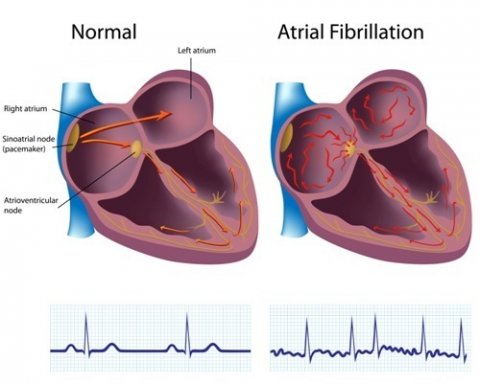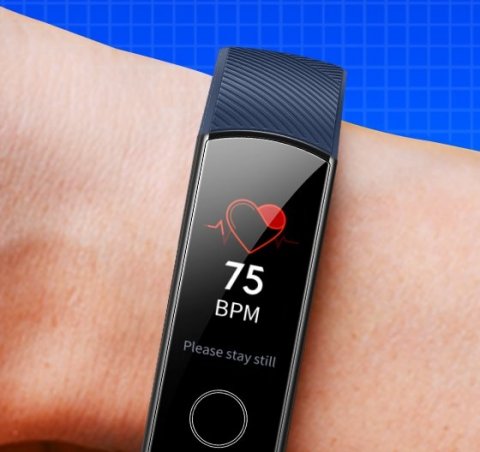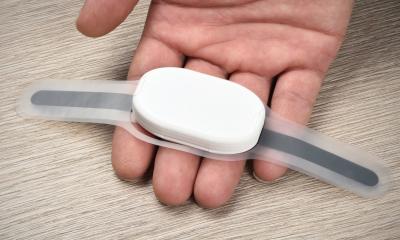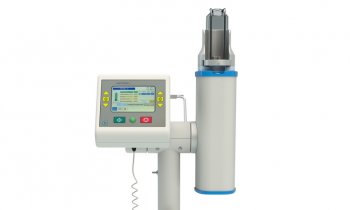Image source: Shutterstock/Sebastian Kaulitzki
News • ‘Smart’ approach to AF
mHealth to help detect atrial fibrillation
A new study, presented as ‘Late Breaking Science’ at the European Society of Cardiology (ESC) annual congress, highlights the feasible use of mobile health (mHealth) devices to help with the screening and detection of atrial fibrillation (AF), a common heart condition.

Image source: Shutterstock/Alila Medical Media
The researchers published their results in the Journal of the American College of Cardiology.
AF causes an irregular and sometimes, abnormally fast heart rate. The heart’s upper chambers (atria) contract randomly and sometimes so fast that the heart muscle cannot relax properly between contractions. This reduces the heart’s efficiency and performance – but also leads to a higher risk of blood clots. AF is the most common heart rhythm disturbance, affecting around one million people in the UK. People with AF are at increased risk of having a stroke and dying, as well as heart failure and dementia. Currently, low detection due to lack of visible symptoms and nonadherence are major problems in current management approaches for patients with suspected AF.

© Huawei Telecommunications
mHealth devices, such as fitness trackers, smart watches and mobile phones, may enable earlier AF detection, and improved AF management through the use of photoplethysmography (PPG) technology. PPG is a simple and low-cost optical technique that can be used to detect blood volume changes in the microvascular bed of tissue. It is often used non-invasively to make measurements at the skin surface.
Researchers, led by Associate Professor Yutao Guo from Chinese PLA General Hospital in Beijing, and Professor Gregory Lip, Lead for the Liverpool Centre for Cardiovascular Science/Price-Evans Chair of Cardiovascular Medicine at University of Liverpool, aimed to determine the feasibility of AF screening in a large population-based cohort using smart devices with PPG technology, combined with a clinical care AF management pathway. As part of the study AF screening was performed with smart wristbands or watches using PPG technology from chinese tech company Huawei made available for the population aged over 18 years across China for approximately seven months (October 26, 2018 to May 20, 2019).
Results
Continuous home-monitoring with smart device based PPG technology could be a feasible, cost-effective approach for AF screening
Yutao Guo
Overall 187,912 participants used smart devices to monitor their pulse rhythm. During this time 424 (0.23%) of the individuals received a ‘suspected AF’ notification. Of those 227 (87%) were confirmed as having AF by health providers and other secondary examinations. These patients were provided with therapy and successfully anticoagulated.
Associate Professor Guo, said: “Based on our present study, continuous home-monitoring with smart device based PPG technology could be a feasible, cost-effective approach for AF screening. There were 95% patients following entry into a programme of integrated AF care, and approximately 80% of high risk patients were successfully anticoagulated. This would help efforts at screening and detection of AF, as well as early interventions to reduce stroke and other AF-related complications.”
Professor Lip said: “Improved AF care requires early detection and the opportunity for streamlined management decision-making. Better detection can be followed by implementing the priorities of AF management, which is as ‘easy as ABC’: Avoid stroke; Better symptom optimisation; Cardiovascular and risk factor management.”
Source: University of Liverpool
03.09.2019











